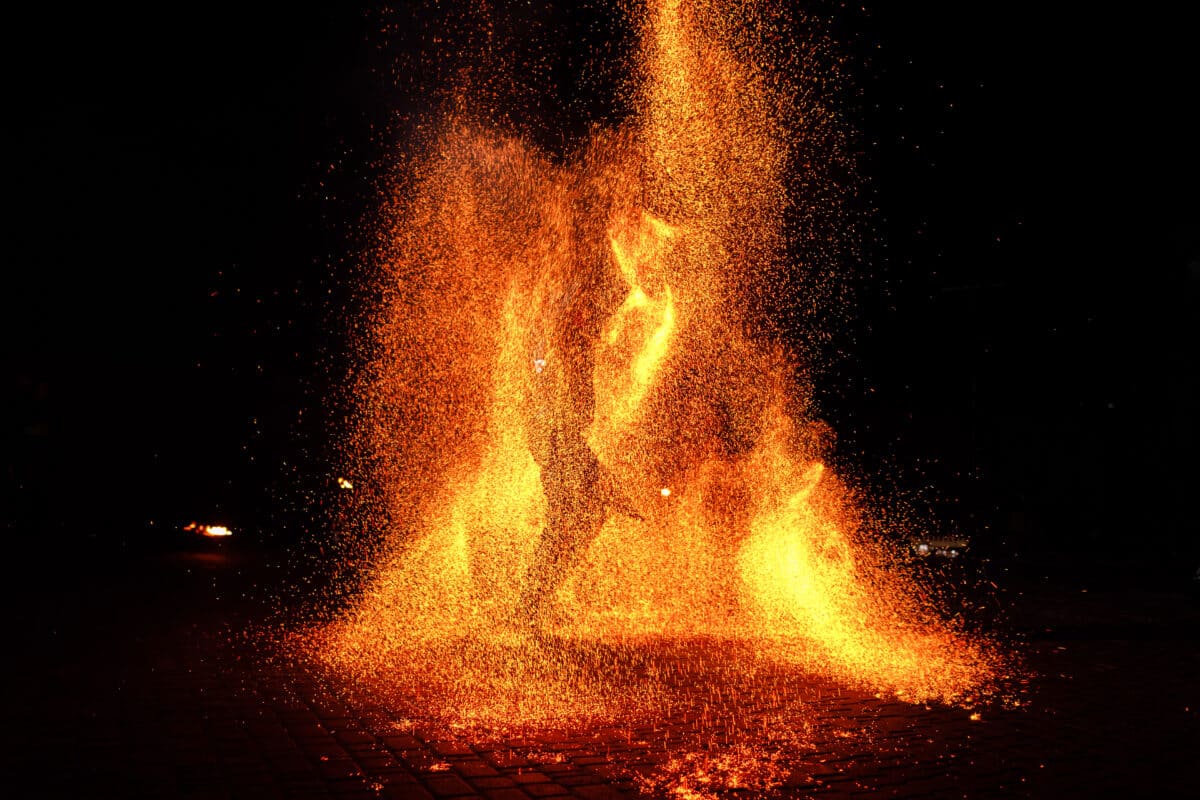
nihilism


At the Euthanasia Party

Meyer, Medved on Great Minds — Cambrian Explosion, Burgess Shale, and More

Sean Carroll’s Preposterous Universe
Euthanasia Pathogen Spreads — Case of the Elderly Indian Couple
Only Humans Understand “Significance”

Roasting a Straw Man: Evolutionist Michael Ruse on Thomas Nagel

Minor Euthanized in Belgium, and It’s Legal
AP Texas Spins Story About Scientists Uniting Against Teaching the Controversy
The latest from the Associated Press out in Texas (via Houston Chronicle) reports that “Scientists from Texas universities on Tuesday denounced what they called supernatural and religious teaching in public school science classrooms and voiced opposition to attempts to water down evolution instruction.”
We covered the Texas science standards last week, noting that Darwinists there oppose teaching the strengths and weaknesses of evolution.
In the AP article, no explanation is given for their opposition to the “strengths and weaknesses” language except the unsupported claim that thoroughly examining Darwin’s theory in the classroom is something only creationists do.
Actually, AP reporter Kelley Shannon is pretty sure that the whole thing is a creationist ploy to teach religion in our schools. That’s why she makes a point of giving credibility to the several Darwinists in the story before calling McLeroy a creationist, then discrediting the position she assigned him:
Read More ›On Non-Nihilistic “Scientific” Atheism
Nobel laureate in physics Steven Weinberg recently revamped his 2008 Phi Beta Kappa Oration at Harvard University for an essay entitled “Without God” in The New York Review of Books. As the essay moves toward a close, Weinberg tells us:
the worldview of science is rather chilling. Not only do we not find any point to life laid out for us in nature, no objective basis for our moral principles, no correspondence between what we think is the moral law and the laws of nature, of the sort imagined by philosophers from Anaximander and Plato to Emerson. We even learn that the emotions that we most treasure, our love for our wives and husbands and children, are made possible by chemical processes in our brains that are what they are as a result of natural selection acting on chance mutations over millions of years. And yet we must not sink into nihilism or stifle our emotions. At our best we live on a knife-edge, between wishful thinking on one hand and, on the other, despair.
What, then, can we do?
Answering his own rhetorical question, Dr. Weinberg believes
Read More ›




































